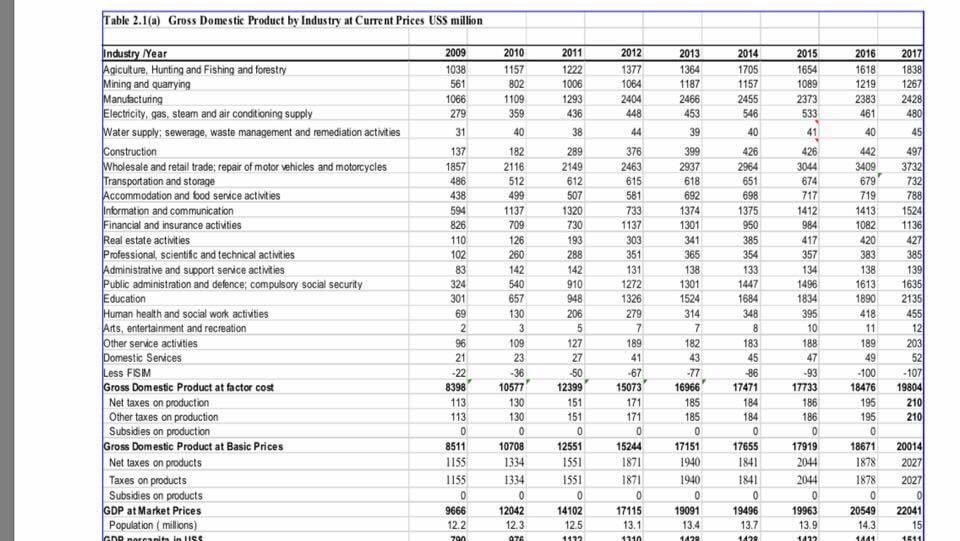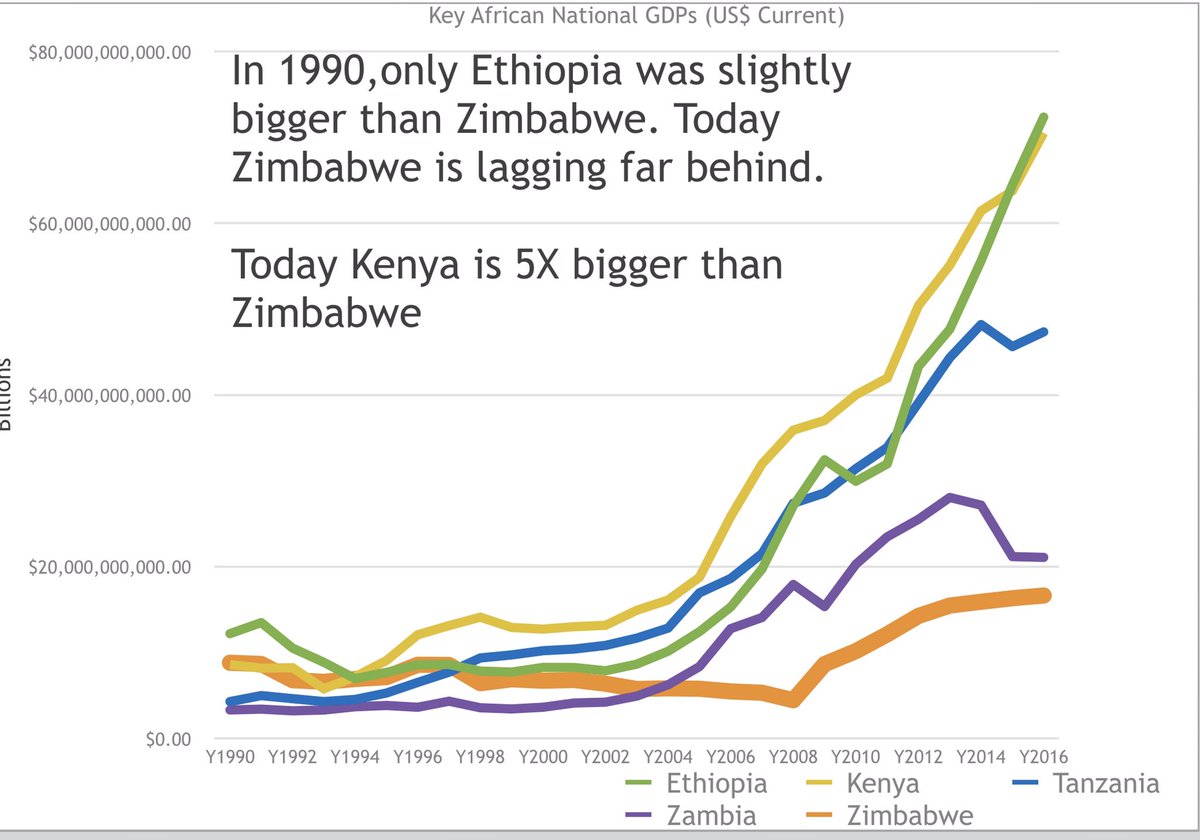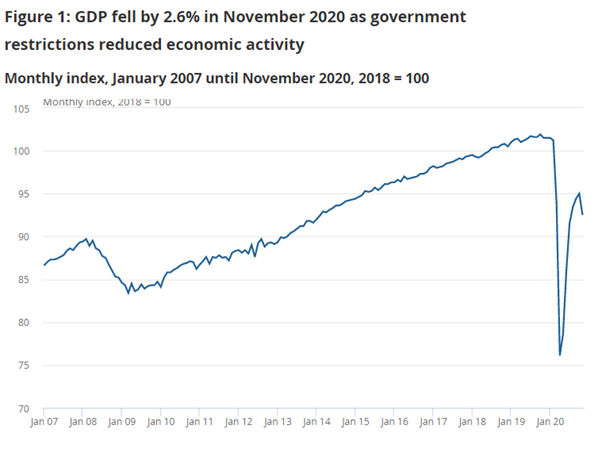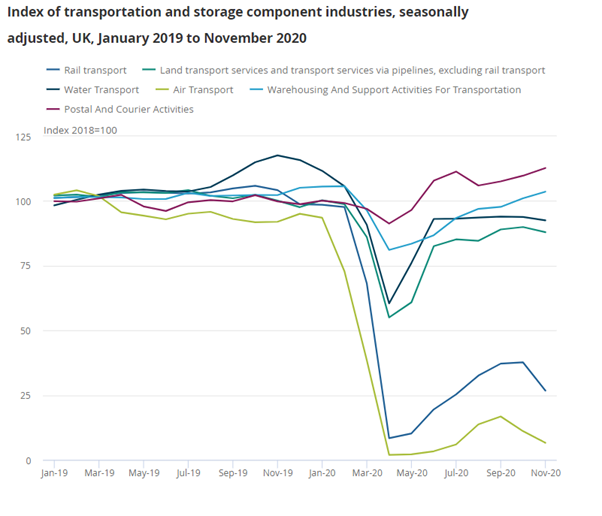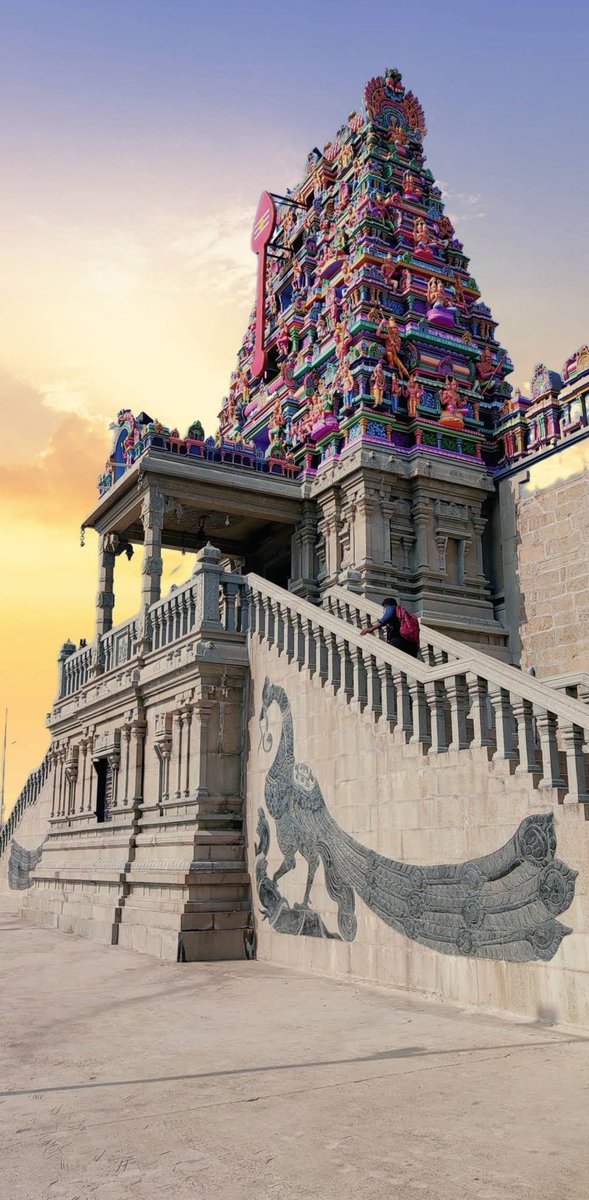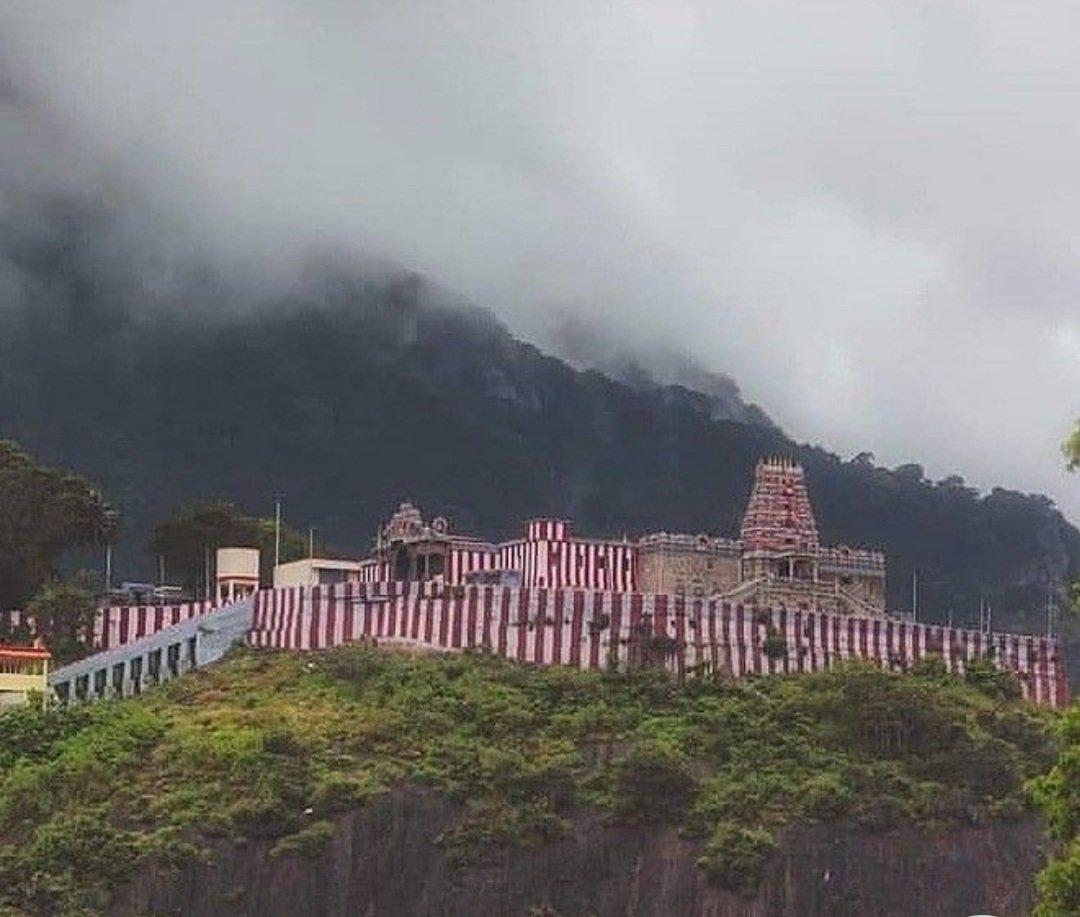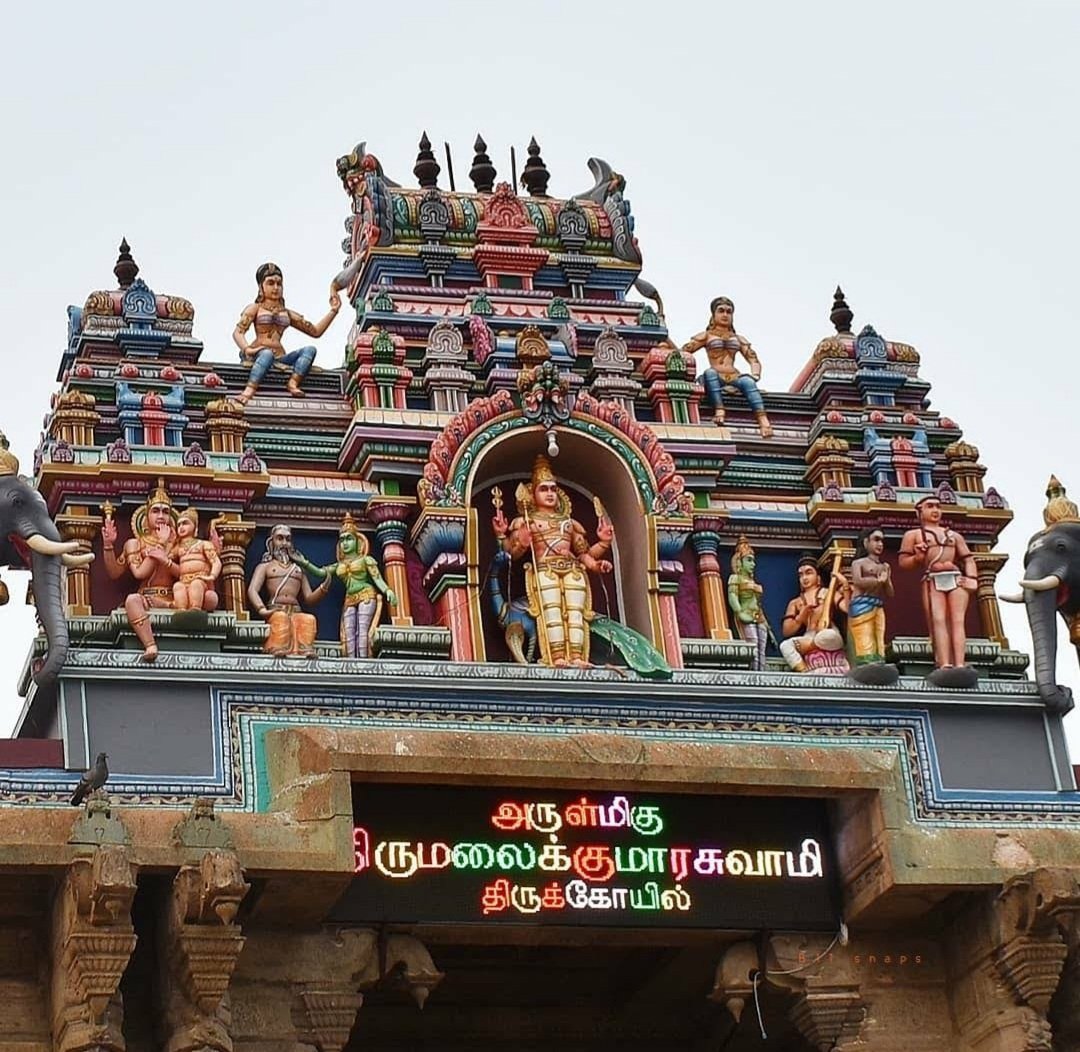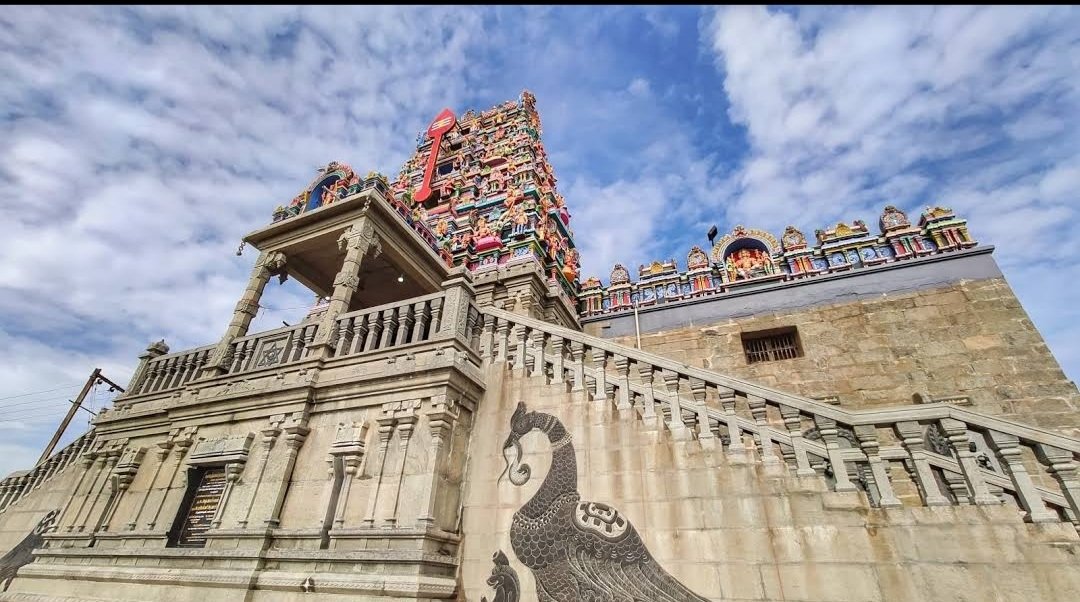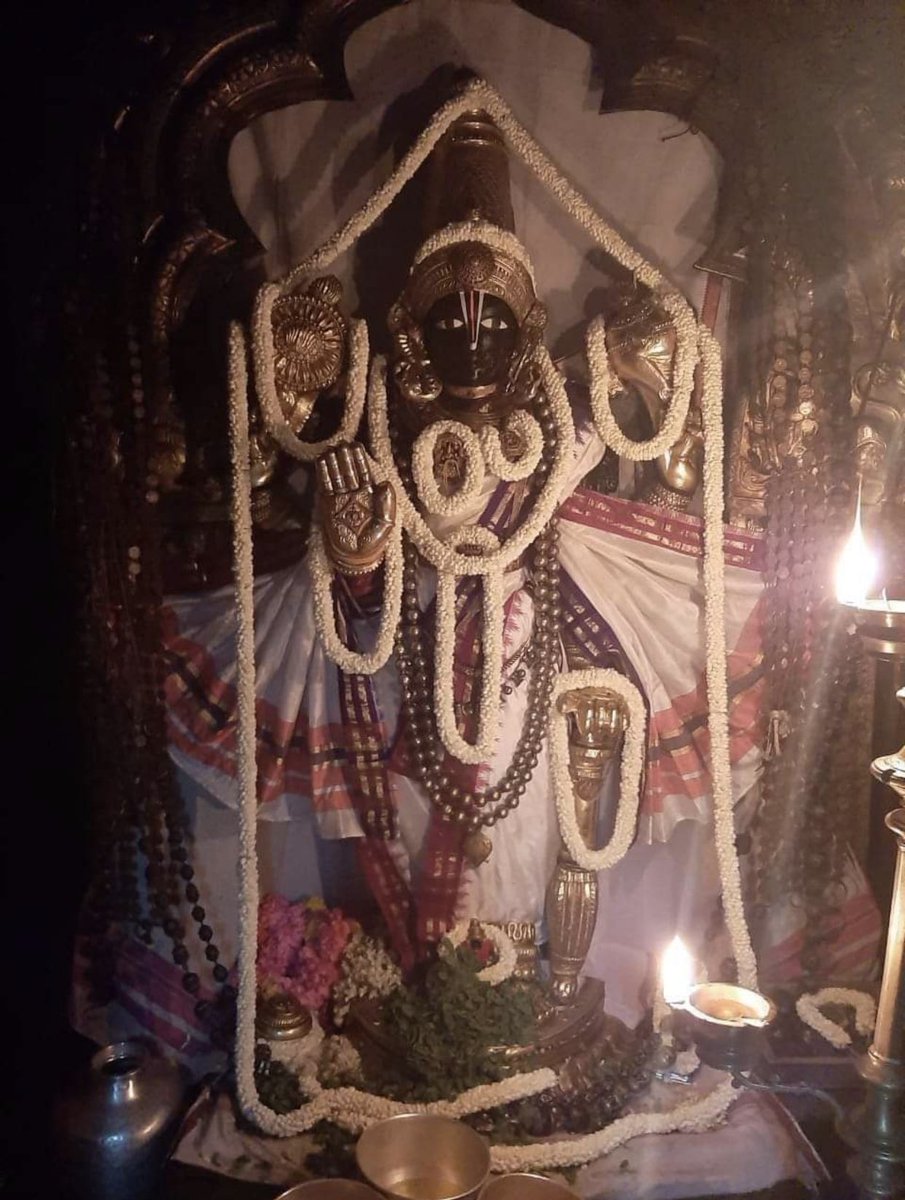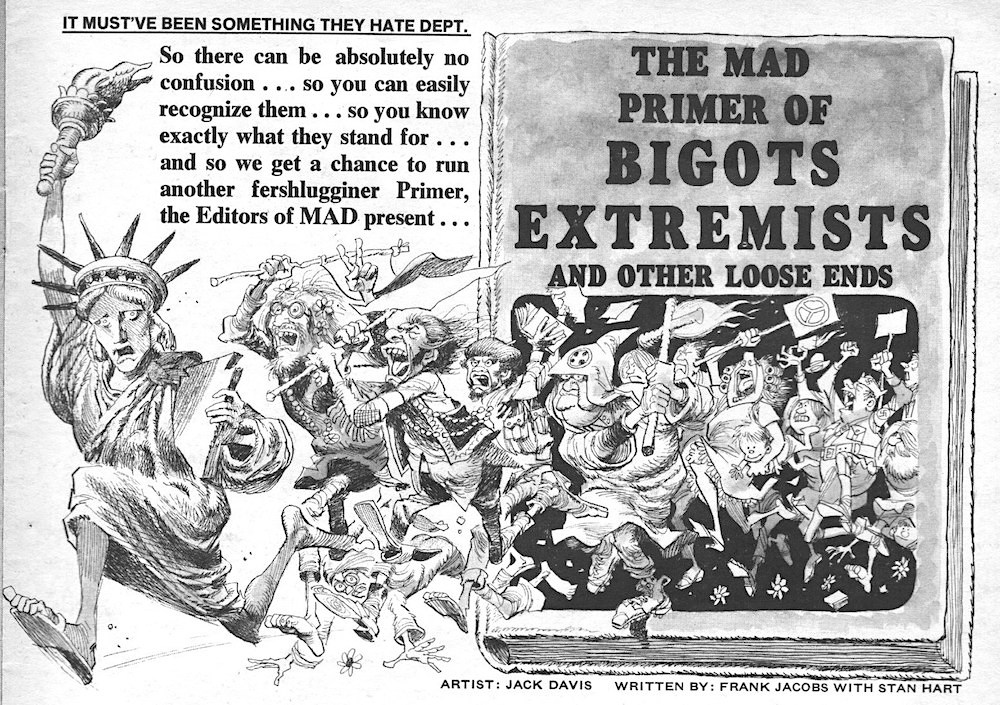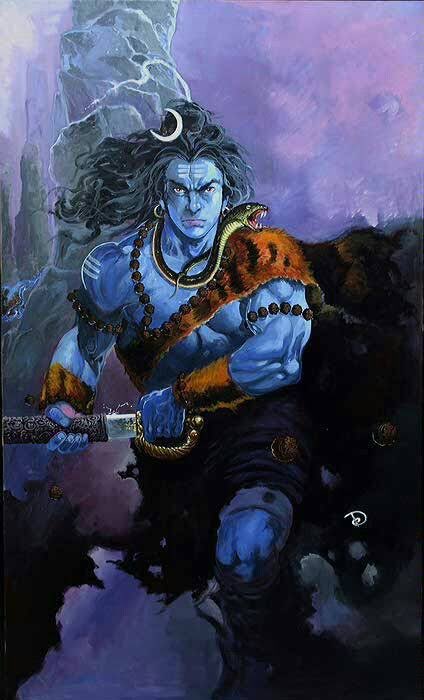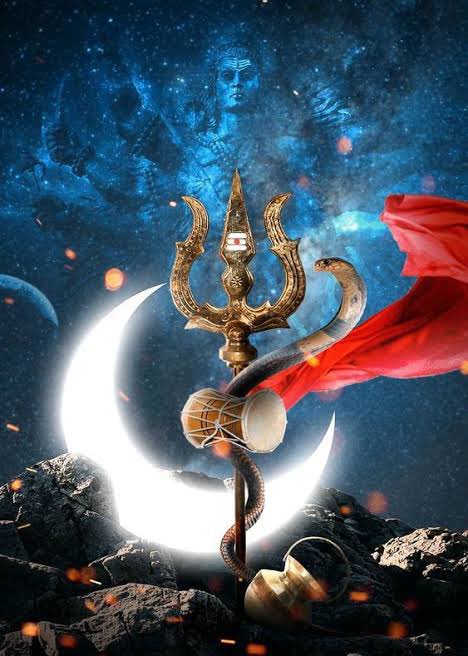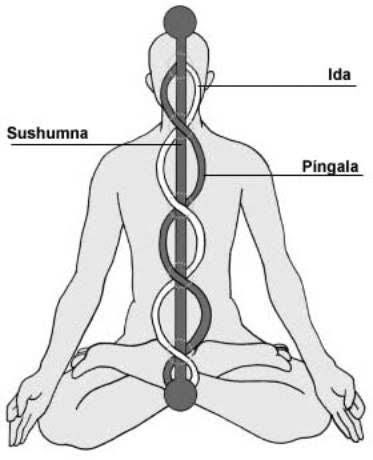2/
To be fair to Mnangagwa, as President he is fed a lot of misinformation & politically convenient gibberish by those closest to him & security clusters bent on personal enrichment than national well being.
I say this, because some of the issues are too simple to understand.
3/
Mnangagwa can never commit harakiri ( Japanese suicide by cutting one’s belly) if facts & figures were honestly presented to him. Yet we saw Mugabe commit harakiri. He died a sad death while his lieutenants are now in power. Where the lieutenants honest to Mugabe...
4/
Chinamasa was Mugabe’s finance Minister. Was he frank & honest? If so why would he benefit from Mugabe’s ouster? The same is true of Mugabe’s bureaucracy. Most benefitted from the coup. So we ask if they were honest with him during his reign?
ED suffers the same problem
5/
On Wallstreet, CEO’s are not protected from their critics & independent research. Often they rely entirely on this research & seek it out in developing their strategy.
Once, Patterson Timba kicked out an analyst from his investor briefing. Forgetting strategy is in critique
6/
Zimbabwe’s economy is not etched in Agriculture. Agriculture only contributes 9% to GDP in a good year. Yet every year it gets a disproportionate share of resources.
Just writing this, many will defend Agriculture. Yet facts & figures tell us otherwise.
7/
Resources are scarce & competing. By directing them to areas of little utility like agriculture , we take away from other fast growing industries in the economy with much greater impact.
Mining contributes 6% to GDP. One is forgiven for not knowing this.
8/
Infact Wholesale & retail trade contributes double agriculture at 19% of our GDP. It is followed by manufacturing & education. All above agriculture (#4)
Yet in policy, like 2% Mthuli tax affects the biggest GDP contributors. Moreso, the thin margins in these sectors.
9/
In 10 years ICT output has grown 3X. It’s contribution could be the highest in 5 years if GOZ policies did not inhibit its growth. Already the restrictions on Mobile money Transfers & 2% will severely impact growth.
Why would GOZ jeopardize ICT growth consciously?
10/
The answer we find in politics. Agriculture is supported because of its politics & not economics.
There is a disconnect between politics & economics. Bad economics doesn’t result in change of politics. The economy has no lever in power. As we shall see with coup economics
11/
Broad Economic indicators
2017 vs 2020
GDP 19.8bn 18.2bn
GDP gwth 4.7%. -7%
Inflation 3% 402%
M-o-M 0.74% 3.15%
Exchange rate. 1.9 115
Wage avg. 290 165
12/
Broad Monetary aggregates
2017 vs 2020
FX rate 1.9 115
M1 (bn) 6.5 145
M3 (bn) 8 153
Deficit(bn) 2.7 5
RBZ debt(USD)
869m 5bn
13/
ZSE Market capitalization
2017. vs. 2020
ZWL $ 10.8bn. 180bn
USD $ 5.7bn. 1.6bn
14/
Broad External Finances
2017 vs 2020
External debt 7bn. 8bn
FDI 692m 250m
Current a/c -1.4%. 6.3%
( as% ofGDP)
Capital a/c(US$) 286m -500m
15/
Salient points;
(1) In 2017 Zim was headed in the wrong direction. In 2020, the destruction is worse.
(2) Wholesale & retail trade is propelled principally by Diasporian remittances. The 5m or so Zimboes living abroad are now the anchor of the economy.
16/
(3) In SA & Bots Agriculture contributes less than 4% to GDP. So people should not be surprised.
(4) In 1990 Zim was bigger than Kenya. 30yrs later Kenya is 5X bigger than Zim, a lot more using market rates. What did Kenya do right?
(17)
Instead of comparing ourselves to Kenya & South Africa, Zim finds company in much smaller economies like Rwanda, Malawi & Mozambique.
Yet the smaller economies are growing while Zim declines further.
18/
There is a disconnect between politics & economics in Zimbabwe. Like Mugabe, ED is working hard to destroy the economy. He gets information & strategy from those that directly benefit from the disaster. As a successful farmer himself his equally blinded of the reality in ICT
19/
The purpose of this thread is for the public to engage the facts. Mugabe left RBZ with less than a billion in foreign debt. It’s now $5bn.
All Listed firms have a market cap of $1.6bn. Once upon a time that was just Delta.
We must reflect on this.
THE END

